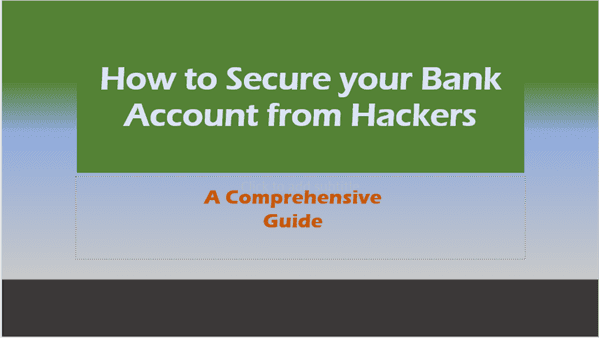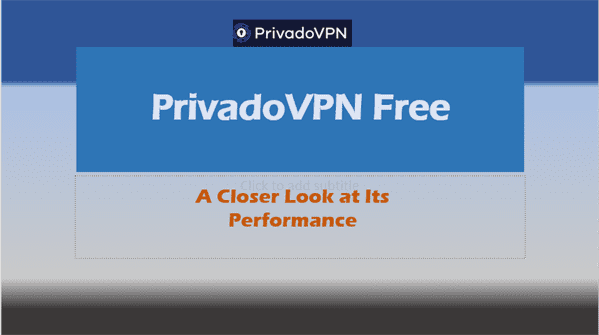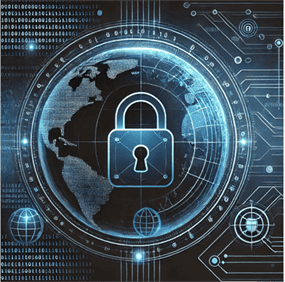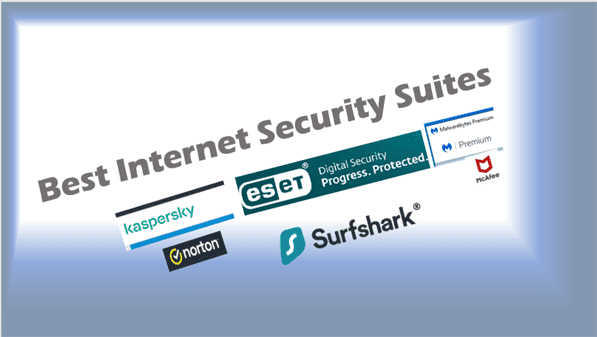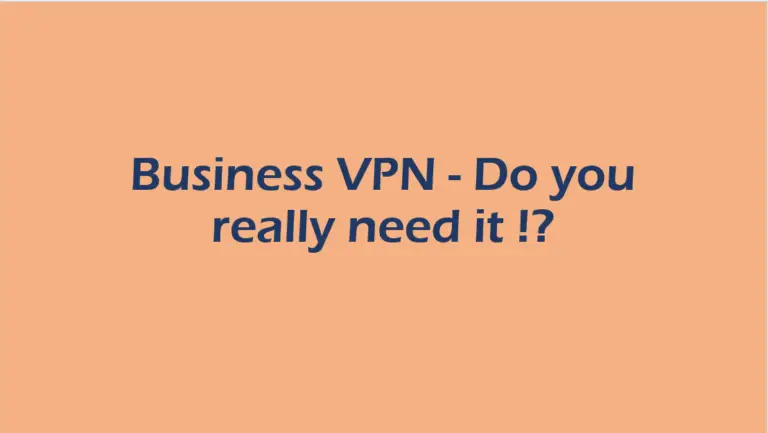VPNs with No-Log Policies: Your Ultimate Guide to Online Privacy in 2024 / 2025
VPNs with No-Log Policies.
Introduction
In today’s digital world, staying private online feels impossible.
Your ISP is watching, advertisers are tracking, and even some VPN services collect your data.
But here’s the good news: VPNs with no-log policies can protect your online privacy and ensure your online activities remain truly private.
Think about it.
Why would you trust a VPN provider that keeps logs of what you do online?
The point of using a VPN is to use a no-logs VPN that doesn’t just say it’s private—it proves it.
Learn more about how VPNs work here.
Let’s break down everything you need to know about no-log VPNs, why they matter, and how to pick the best no-logs VPN in 2024 / 2025.
What Does a No-Log VPN Mean?

A no-log VPN means the VPN provider does not keep connection logs, usage logs, or any records of your online activities.
Most VPN providers promise not to keep logs, but some keep partial logs that can expose your identity.
The goal of a strict no-logs policy is to ensure that even if a government or hacker demands data, there’s nothing to find.
Key takeaway:
A no-log VPN service is one that doesn’t log or store any data about your VPN usage or online activities.
Why Are VPN Logs a Problem?

VPNs are meant to protect your online privacy.
If a VPN provider keeps logs, they can store:
- Your IP address
- Websites you visit
- Connection times
- Your activity logs
This defeats the point of using a VPN.
Even worse?
Some VPN providers sell these logs to advertisers or hand them over to authorities.
Learn practical steps to protect your online privacy here.
If you’re serious about online privacy, you need a VPN with a strict no-logs policy.
How to Verify a VPN’s No-Logs Claim
Here’s the tricky part: Anyone can say they’re a no-log VPN.
But how do you know they’re not lying?
Look for these signs:
- Independent audits: Leading VPNs like Proton VPN or Mullvad VPN undergo audits to prove they don’t log.
- Court cases: Some VPNs have been tested in court and shown to have no logs.
- Privacy policies: Read the fine print—some providers hide their logging practices.
- Real-world tests: Use tools to test for IP leaks and connection logs.
Pro Tip:
Choose a proven no-logs VPN like Proton VPN or NordVPN that have passed audits and real-world tests.
Read our detailed Surfshark VPN review here.
Types of VPN Logs: What You Need to Know
Not all logs are created equal.
Here are the three main types:
- Usage logs: These record your online activities, like websites visited.
- Connection logs: These include IP addresses and connection times.
- No-logs VPNs: These keep no records of your data.
A true no-logs VPN doesn’t store any of these logs.
VPN providers with strict no-logs policies ensure that even if servers are seized, there’s nothing to trace back to you.
The Best No-Log VPNs in 2024

Here are the best no-logs VPNs you can trust in 2024:
- Proton VPN
- Independent audits
- Strict no-logs policy
- High-speed servers
- Mullvad VPN
- Privacy-first approach
- Minimal data collection
- Anonymous payment options
- NordVPN
- Passed real-world audits
- Proven no-logs track record
- Best for speed and online privacy
- Surfshark VPN
- Affordable and secure
- Zero-logs VPN policy
- Works on unlimited devices
Find the best VPN service for your needs.
Key Tip:
Pick a VPN provider with a proven no-logs policy and independent audits.
How VPN Providers Avoid Keeping Logs
Wondering how VPN providers avoid logging?
Here’s what they do:
- Use RAM-based servers that delete data automatically.
- Avoid storing IP addresses or activity logs.
- Operate in privacy-friendly jurisdictions with no data-retention laws.
For example, Proton VPN operates from Switzerland—a privacy-safe country.
Discover affordable VPN options for small businesses.
Free VPNs vs. Paid VPNs: Are Free VPNs Safe?
Let’s be real: Free isn’t free.
Free VPN providers often keep logs and sell your data to advertisers.
In contrast, paid VPNs like Proton VPN and NordVPN invest in:
- Privacy and security features
- No-logs servers
- Independent audits
If you’re serious about online privacy, avoid free VPNs.
Top Features to Look for in a No-Logs VPN Service
Not all VPN services are equal.
Here’s what to look for:
- Strict no-logs policy
- Independent audits
- RAM-based VPN servers
- Privacy-friendly jurisdiction
- Kill switch (to protect against VPN connection drops)
- Fastest VPN speeds for streaming and gaming
Understand what VPN logs mean for your ISP visibility.
How to Test VPN Services to Ensure They Don’t Log
Testing is key to verifying a no-logs VPN.
Here’s how:
- Check for leaks: Use tools to test for IP and DNS leaks.
- Read the privacy policies: Ensure they don’t hide logging terms.
- Look for independent audits: Proven no-logs VPNs are audited regularly.
Tools like WireGuard or OpenVPN can also show if the VPN connection is secure.
FAQ: Common Questions About VPNs and No-Logs Policies
1. What is a no-log VPN? A no-log VPN is a VPN service that does not keep logs of your data.
2. Can I trust free VPNs? No. Free VPNs often keep logs and compromise your online privacy.
3. What is the best no-log VPN in 2024? The best no-log VPNs are Proton VPN, Mullvad VPN, and NordVPN.
4. How do I verify a VPN’s no-logs claim? Look for independent audits, court cases, and real-world tests.
5. Why does a VPN provider’s jurisdiction matter? Some countries force VPNs to keep logs, while privacy-friendly jurisdictions don’t.
Key Takeaways
- A no-logs VPN keeps your online activities truly private.
- Avoid VPNs that keep logs or hide their log policies.
- Top no-log VPNs include Proton VPN, Mullvad VPN, and NordVPN.
- Free VPNs are not safe for online privacy.
- Look for strict no-logs policies, audits, and privacy-friendly jurisdictions.
If you care about your privacy and security, a VPN with a no-logs policy is the only way forward.
Trust the best no-log VPNs in 2024 to keep you safe, private, and protected online.
FAQs – VPNs with No-Log Policies
Which VPN doesn’t keep logs?
Leading VPNs like Proton VPN, Mullvad VPN, NordVPN, and Surfshark have proven no-logs policies backed by independent audits.
Proton VPN’s audit results
What is a no-logs policy in VPN?
A no-logs policy means the VPN provider does not store any data about your connection, usage, or online activities. This ensures complete privacy.
What countries have a no log policy?
Countries like Switzerland, Sweden, Panama, and the British Virgin Islands are privacy-friendly, making them ideal for VPN providers.
Does NordVPN really have no-logs?
Yes. NordVPN’s no-logs policy has been independently audited by PwC, proving that it does not store any logs of your activity. Read NordVPN’s audit report.

